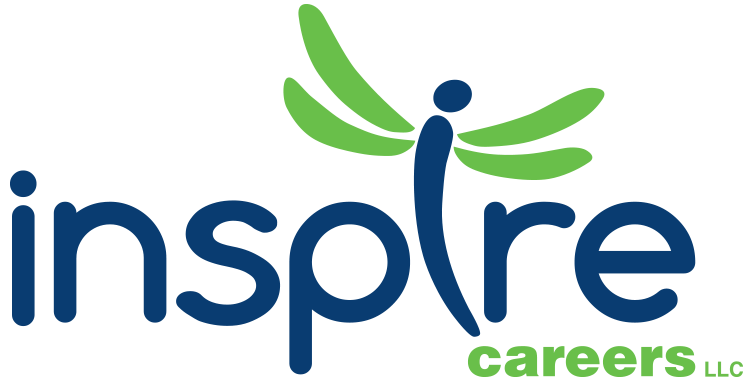Career coaching is a powerful tool for professionals who want to grow, pivot, or gain clarity in their careers. A strong coach can offer perspective, structure, and support as you navigate important decisions, prepare for new opportunities, or overcome challenges. Whether you’re pursuing a promotion, transitioning into a new industry, or planning your next step, the right coaching partnership can make all the difference.
The key is finding a coach whose experience, approach, and services align with your goals. Coaching is not one-size-fits-all. Some coaches specialize in strategy and mindset, while others also offer resume and LinkedIn writing. Some work best with executives, while others focus on early-career professionals or those transitioning into new careers. Taking the time to ask the right questions helps you find someone who truly understands your needs and can guide you with intention.
When you feel confident in your coach’s qualifications and approach, you’re more likely to stay engaged, take action, and achieve results. The questions below are designed to help you make an informed decision and ensure that your investment leads to real momentum and meaningful progress in your career.
1. What types of clients do you typically work with?
Choose a coach whose experience aligns with your career stage, whether you’re an experienced professional, executive leader, navigating a career pivot, reentering the workforce, or just beginning your career. The right coach will understand the nuances of your professional landscape and tailor their guidance to meet your specific goals.
2. What specific services do you offer, and which ones do you not provide?
Every coach structures their services differently, so it’s important to ask for specifics. Some coaches only focus on big-picture strategy, career direction, or mindset support. Others might focus on practical skills, such as interview preparation or salary negotiation. Some also provide hands-on services, such as writing your resume or optimizing your LinkedIn profile.
Make sure to clarify what’s actually included. For example, will the coach review and edit your resume or just give feedback for you to revise it yourself? Will they practice mock interviews with you, or simply provide a list of questions to prepare on your own? If those services aren’t part of their offer, you may need to hire a separate resume writer or branding specialist to fill in the gaps.
3. What industries do you specialize in?
A coach who understands your industry can offer more targeted advice, language that resonates with recruiters, and insight into current hiring trends or employer expectations. If you’re looking to pivot, aiming for a promotion, a career shift, or a return to the workforce, it’s just as important to work with a coach who knows how to translate your experience into a new context. The more aligned they are with your goals and target market, the more value they can bring to your search.
4. How do you tailor your approach to each client?
Coaching should never be one-size-fits-all. Everyone comes to the table with different experiences, goals, challenges, and confidence levels, so a coach’s approach needs to reflect that. If it sounds like the same script for every client, that’s a red flag.
A great coach takes time to really get to know you. They ask thoughtful questions, listen closely, and shape their support around your specific needs. That might mean adjusting the pace, shifting focus from mindset to strategy (or vice versa), or selecting tools that align with how you work best.
The right coach will meet you where you are and build from there, rather than expecting you to conform to their system. They should be able to pivot when things change, offer different types of accountability depending on how you’re motivated, and check in regularly to make sure you’re getting what you need. Whether you’re someone who needs structure and a step-by-step plan or someone who thrives on big-picture brainstorming, a tailored approach means the support actually works for you.
Tailoring also means recognizing when to push and when to pause. Some weeks you might need tactical help with a job search strategy, and other weeks you might just need space to talk through doubts or frustrations. A good coach pays attention to those shifts and adjusts accordingly so you’re always moving forward in a way that feels sustainable and aligned with your goals.
5. What outcomes do your clients typically achieve?
Beware of flat guarantees like “you’ll get 5 interviews in 30 days” or “you’ll land a job in 60 days.” These may sound appealing, but they rarely reflect the realities of a job search. Outcomes depend on many factors, including market and industry conditions, the strength of your network, how actively you apply the strategies provided, and how consistently you follow through. Instead of expecting hard guarantees, ask for examples of the kinds of progress clients have made, whether that’s landing interviews, shifting industries, negotiating a higher salary, building confidence, or gaining clarity on the next step. A good coach will be able to share real client wins and also explain the process that led to them.
Investing in a career coach is about betting on yourself, your goals, your growth, and your ability to show up differently in the job market. It’s about building tools and confidence you can use for every career move ahead.
6. What’s your coaching style like?
Style matters. Coaching is personal, and how a coach shows up in sessions can make or break the experience. Some coaches are direct and challenge you to dig deep quickly. Others lead with empathy and focus on building trust and confidence first. Some are highly structured with action steps and timelines, while others give more space to reflect and explore.
There’s no one right style—it all comes down to what works best for you. If you thrive with structure and need someone to help you stay on task, you’ll want a coach who brings a clear framework and holds you to it. If you’re navigating a tough transition or wrestling with significant decisions, you may need a coach who can sit with uncertainty, ask thoughtful questions, and provide you with space to process.
The best coaches have range. They can shift gears depending on what you need most in the moment. One session might focus on practical next steps, while the next might dive into what’s holding you back mentally or emotionally. A good coach reads the room, listens closely, and adapts their style to support your growth.
It is also okay to ask how they give feedback. Are they blunt or more reflective? Do they offer encouragement along the way or maintain a strict focus on goals and progress? You deserve to know what it will feel like to work with them before you commit. Coaching is a two-way relationship, and the style has to fit for it to be effective.
7. What are your qualifications, certifications, and how do you measure client success?
There’s no barrier to entry for calling oneself a career coach, and no industry regulation of career coaches, which is why it’s essential to inquire about a coach’s training, certifications, and relevant background. Are they credentialed through a recognized organization? Do they have experience in hiring, recruiting, HR, leadership, or another relevant field?
Also, ask how they define and measure success. For some clients, it’s a new job. For others, it’s clarity, confidence, or a clear strategy for what’s next. A good coach will have both credentials and a values-based approach to results.
8. Do you offer packages, or is everything à la carte?
Coaches structure their services in different ways; some offer bundled packages that include a mix of coaching, writing, and support over a defined period, while others may price each session or service individually.
Ask how their pricing works, what’s included, how long the support lasts, and whether there’s access to follow-up guidance or resources in between sessions. This clarity helps you compare coaches fairly and budget with confidence.
You’re not just paying for time, you’re investing in yourself and your future.
9. Do you use AI to create resumes, cover letters, bios, or LinkedIn content, or is it original, customized work? How do you ensure my personal brand is reflected?
With the surge of AI tools, it’s become increasingly common for some writers and coaches to rely heavily on automated content generators. The result? Canned resumes, generic cover letters, and LinkedIn profiles that all sound the same and say nothing meaningful about the client. I can smell this type of content a mile away, and I’m saddened when people are shocked when I demonstrate it to them during a consultation after they’ve paid someone to create their career marketing materials.
Ask directly if the content they create is written from scratch or assembled using AI. If AI is used, find out how they ensure the final product reflects your voice, your goals, and your unique value, not just a repackaged template.
Your personal brand deserves more than a copy-paste job. Effective writing requires critical thinking, strategy, and a deep understanding of how to position yourself in a competitive market. If you’re paying for professional help, make sure you’re getting more than what a free tool could generate.
Remember, a good career coach is meant to help you find the answers, not to give you all the answers. Coaches should ask the right questions, help you challenge self-limiting beliefs, and guide you toward clarity and action. Ultimately, accountability is what transforms insight into progress. A great coach helps you stay focused, follow through on your commitments, and take ownership of your growth.
Ready to begin your own coaching journey and see what you can accomplish? Schedule a complimentary consultation at cathy@inspirecareers.com
.

